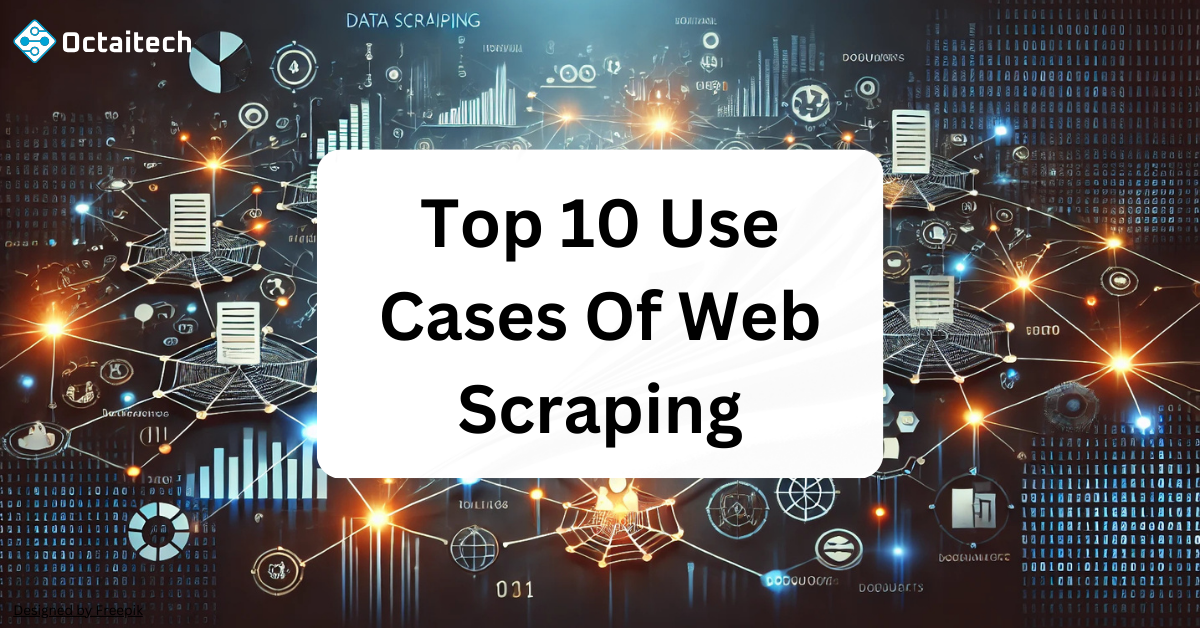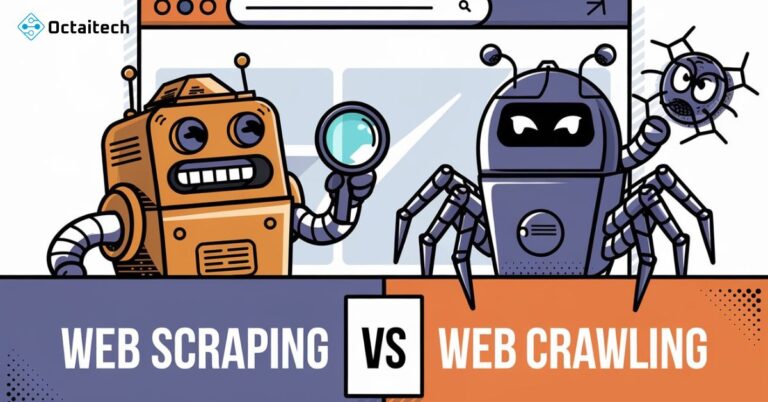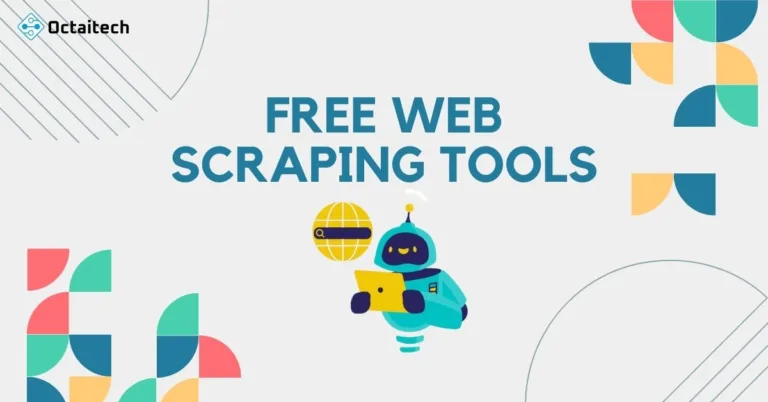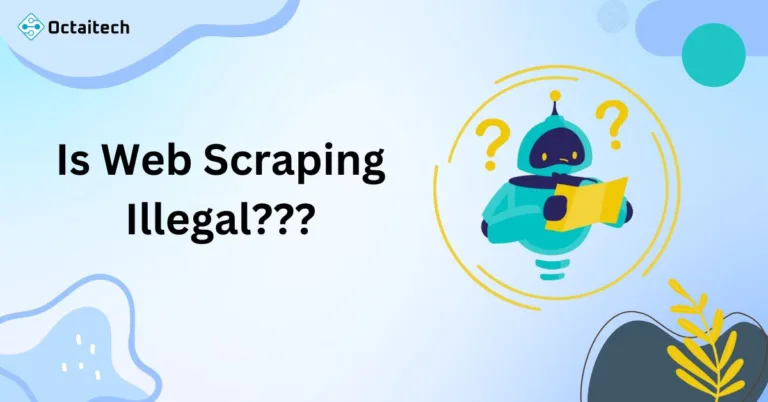In today’s data-driven world, businesses rely heavily on information to make smart decisions. Web scraping has become a powerful tool for collecting data from websites quickly and efficiently. From improving marketing strategies to monitoring competitors, web scraping offers endless possibilities for businesses. Here’s a detailed look at the top 10 use cases of web scraping in business.
1. Market Research and Analysis
Web scraping helps businesses gather valuable insights about their target markets. By collecting data on customer preferences, trends, and industry developments, companies can:
- Understand what customers want.
- Identify market gaps.
- Predict future trends.
For example, scraping online forums, social media platforms, and review sites can reveal customer opinions and emerging trends.
2. Price Monitoring and Dynamic Pricing
In competitive industries like retail and e-commerce, pricing plays a critical role. Web scraping enables businesses to:
- Track competitors’ prices in real time.
- Adjust pricing dynamically to remain competitive.
For instance, e-commerce platforms like Amazon use web scraping to monitor product prices and provide competitive deals.
3. Lead Generation and Sales Prospecting
Web scraping helps businesses collect leads by extracting contact information from directories, websites, and professional platforms like LinkedIn. It allows sales teams to:
- Build targeted lead lists.
- Reach potential customers efficiently.
For example, a company can scrape data from event websites to get details about attendees for networking opportunities.
4. Competitor Analysis
Keeping an eye on competitors is vital for staying ahead in any industry. Web scraping allows businesses to monitor competitors’ websites for:
- New product launches.
- Changes in pricing or marketing strategies.
- Customer feedback on their services.
This information can help refine your own strategies and identify opportunities to outperform competitors.
5. E-commerce Inventory and Product Data Management
E-commerce platforms often have vast inventories. Web scraping can automate the process of collecting product details, including:
- Descriptions.
- Images.
- Availability.
For example, scraping vendor websites for updated product catalogs ensures that your e-commerce store stays current without manual effort.
6. Content Aggregation and News Monitoring
Businesses can use web scraping to gather content from multiple sources, including news websites and blogs. This is especially useful for industries like media and marketing, where:
- Real-time updates are critical.
- Trend analysis is essential for content planning.
For instance, a marketing agency could scrape trending articles to create campaigns based on what’s buzzing online.
7. SEO and Keyword Research
Web scraping plays a significant role in improving a website’s search engine optimization (SEO). Businesses can scrape data to:
- Analyze competitors’ keywords.
- Identify trending topics.
- Discover backlinks for link-building strategies.
This helps businesses rank higher in search results and attract more organic traffic.
8. Real Estate and Property Insights
Web scraping is widely used in the real estate industry to collect property data from listing websites. This includes:
- Property prices.
- Availability in specific locations.
- Market trends.
Investors and agents can use this data to make better decisions and offer competitive services.
9. Social Media and Sentiment Analysis
Social media platforms are treasure troves of customer opinions. Web scraping allows businesses to collect and analyze social media data to:
- Understand public sentiment about their brand.
- Track customer feedback.
- Spot viral trends.
For example, scraping Twitter hashtags or Facebook posts helps marketers adjust their strategies based on audience reactions.
10. Monitoring Online Reviews and Reputation Management
Customer reviews play a huge role in influencing buying decisions. Web scraping can be used to gather reviews from platforms like Yelp, Trustpilot, or Google Reviews to:
- Identify recurring customer issues.
- Respond to feedback quickly.
- Improve overall brand reputation.
By acting on this data, businesses can enhance their services and build customer trust.
Benefits of Web Scraping for Businesses
- Time Efficiency: Automates the data collection process, saving hours of manual work.
- Cost Savings: Reduces the need for hiring teams to manually gather and analyze data.
- Data-Driven Decisions: Provides actionable insights to improve business strategies.
Challenges of Web Scraping
While web scraping offers immense benefits, it’s not without challenges. These include:
- Legal Compliance: Scraping some websites may violate terms of service. Always ensure your activities are ethical and legal.
- Technical Barriers: Many websites have anti-scraping measures in place. Using advanced tools can help bypass these challenges.
- Data Accuracy: Ensuring the scraped data is clean and accurate is critical for making informed decisions.
Read more about web scraping challenges here.
Tools and Technologies for Web Scraping
Some popular web scraping tools include:
- BeautifulSoup: Ideal for beginners using Python.
- Scrapy: A powerful and scalable web scraping framework.
- Octoparse: A no-code tool for non-programmers.
- Selenium: Great for scraping dynamic websites.
These tools can help businesses collect data efficiently and ethically.
Conclusion
Web scraping is a game-changer for businesses looking to thrive in today’s competitive landscape. From market research to reputation management, the possibilities are vast. By leveraging web scraping effectively, companies can gain a competitive edge, make data-driven decisions, and unlock new opportunities for growth.
If you’re considering web scraping for your business, ensure that you use the right tools, respect legal boundaries, and prioritize data accuracy. Start harnessing the power of web scraping today to transform your business strategies!

Arvind Das is a seasoned developer with over 5 years of experience in browser extension development, data scraping, website development, and design. Passionate about creating innovative solutions, Arvind combines technical expertise with a creative mindset to deliver exceptional results. Known for his friendly and outgoing nature, he enjoys sharing knowledge and helping others navigate the world of web technologies.




